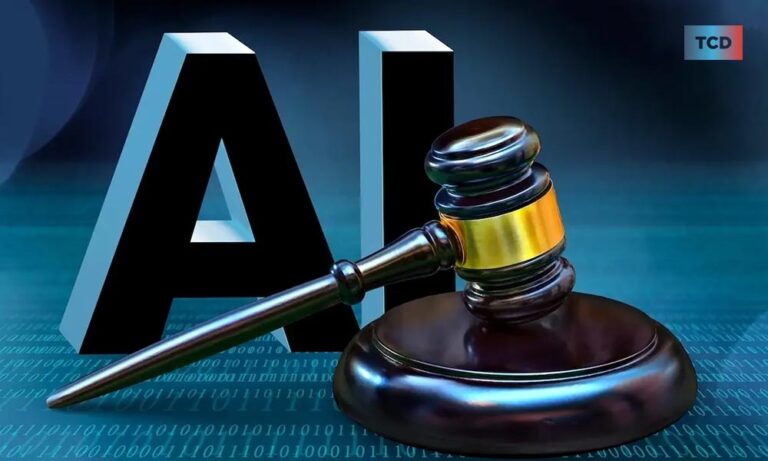Synopsis-
“The court’s decision was based on three key issues. Firstly, the meaning of the term “inventor” in the UK’s 1977 Patents Act was scrutinized and it was determined that it is limited to a “natural person.”
Today, the apex court in the UK has ruled that it is not permissible for artificial intelligence systems to be considered as the official holder of a patent. This ruling is in line with legal trends in other Western countries, and it highlights the potential legal issues that could arise in the field of generative AI in the future.
The court’s decision was based on three key issues. Firstly, the meaning of the term “inventor” in the UK’s 1977 Patents Act was scrutinized and it was determined that it is limited to a “natural person.” The court found no indication in the relevant law that an inventor could be a machine. Secondly, it was considered whether Thaler had the right to file patent applications based on his ownership of DABUS. This also failed on the same grounds as DABUS cannot be considered an inventor under UK law.
UK Court Upheld the Decision, Says DABUS is not Considered
The court discussed whether the Comptroller’s office was correct in assuming that Thaler’s patent applications were withdrawn due to the absence of any mention of the inventor’s name. This decision was upheld because under UK law, DABUS is not considered a person.
The ruling is consistent with legal precedents in other Western countries. According to the US Copyright Office, a work must be authored by a human in order to be protected by copyright, and there are no current legislative or regulatory initiatives to alter this standard. Similarly, European Union copyright law mandates the involvement of a “guiding human hand” in order to establish copyright ownership.
The UK Supreme Court’s ruling, in Thaler v. Comptroller-General of Patents, Designs, and TradeMarks, carefully marked, “not concerned with the broader question of whether technical advances generated by machines acting autonomously and powered by AI should be patentable.”






